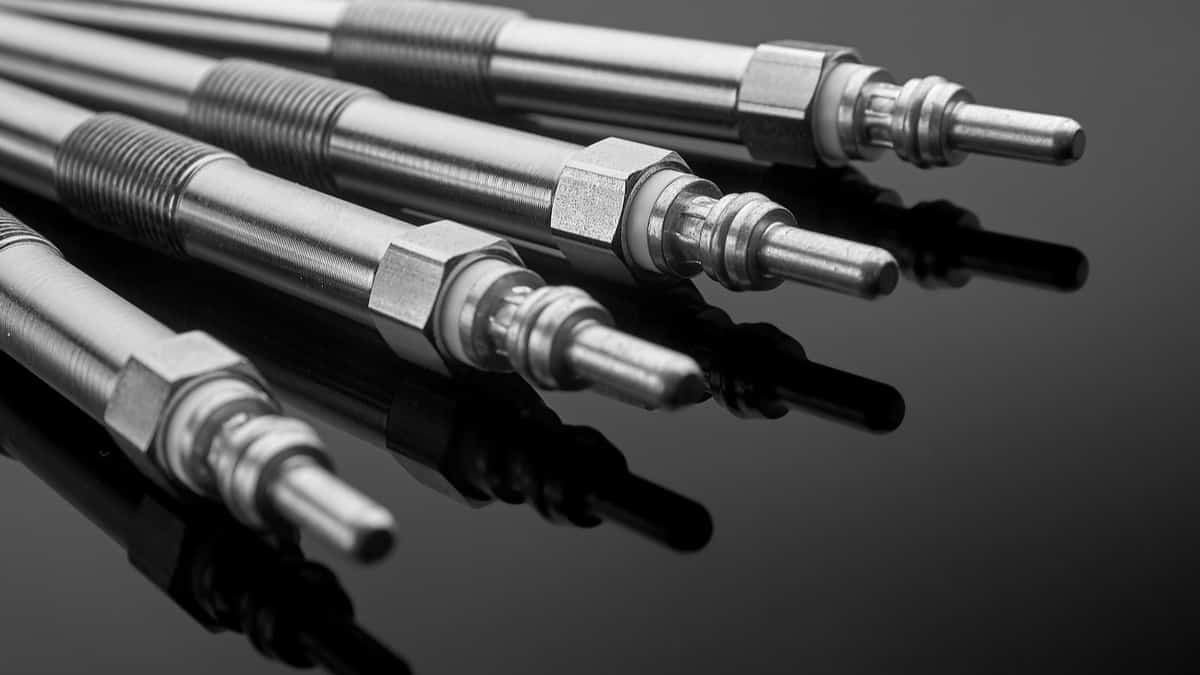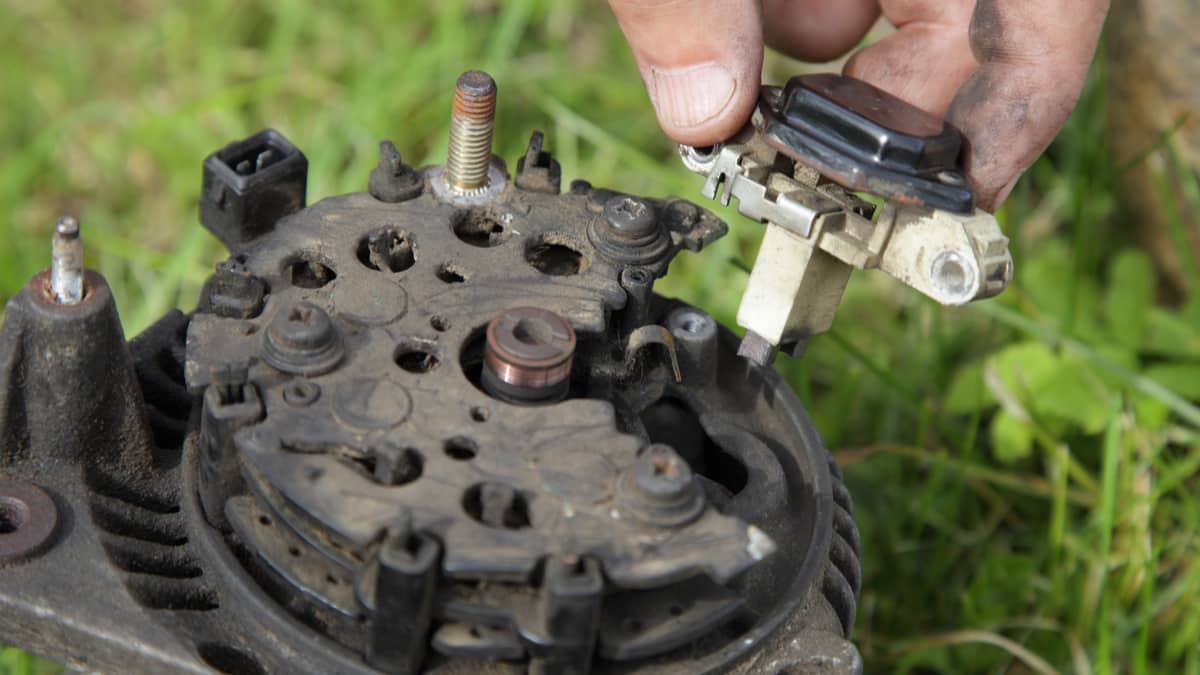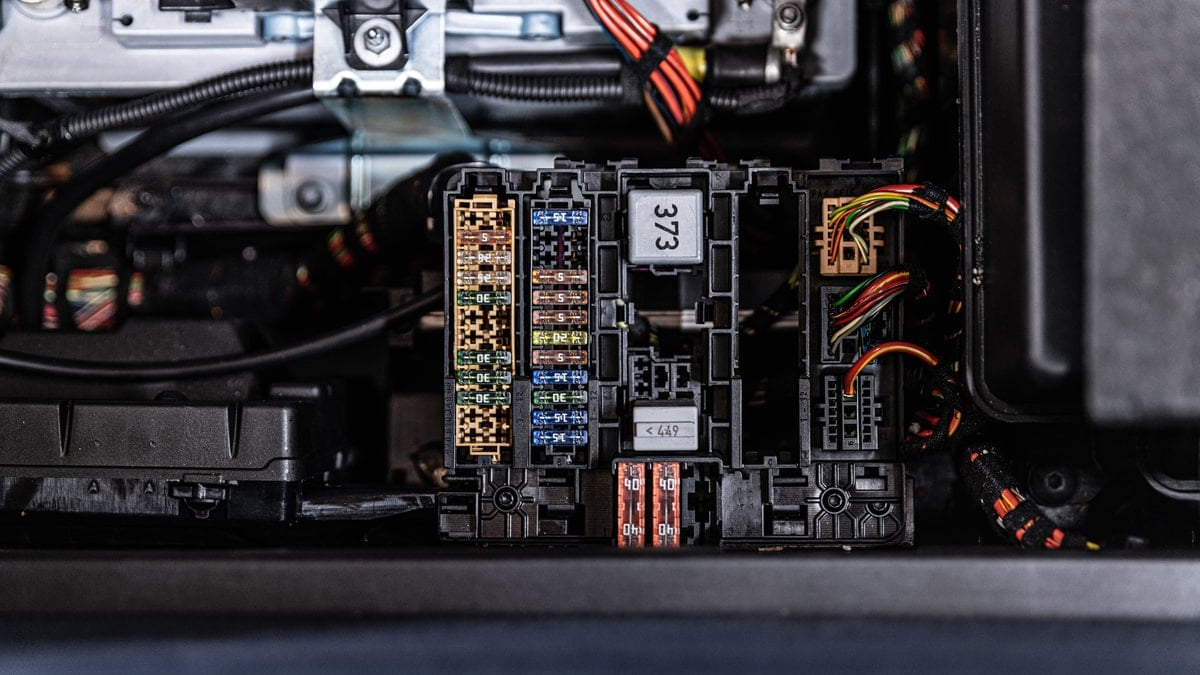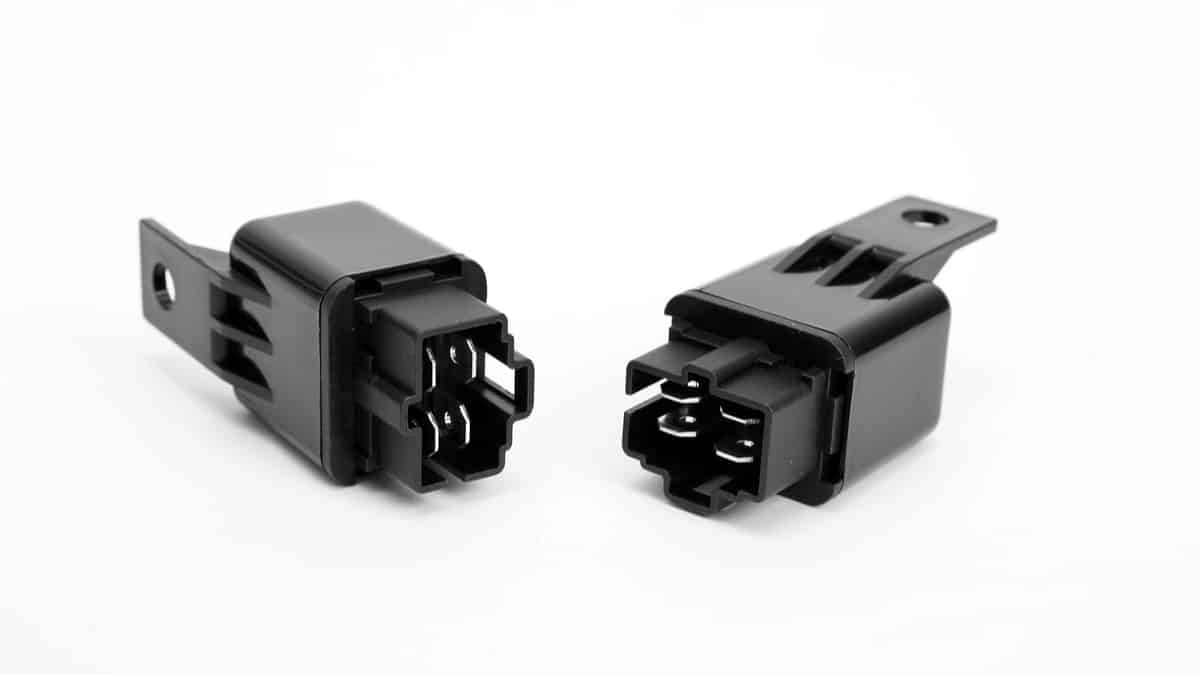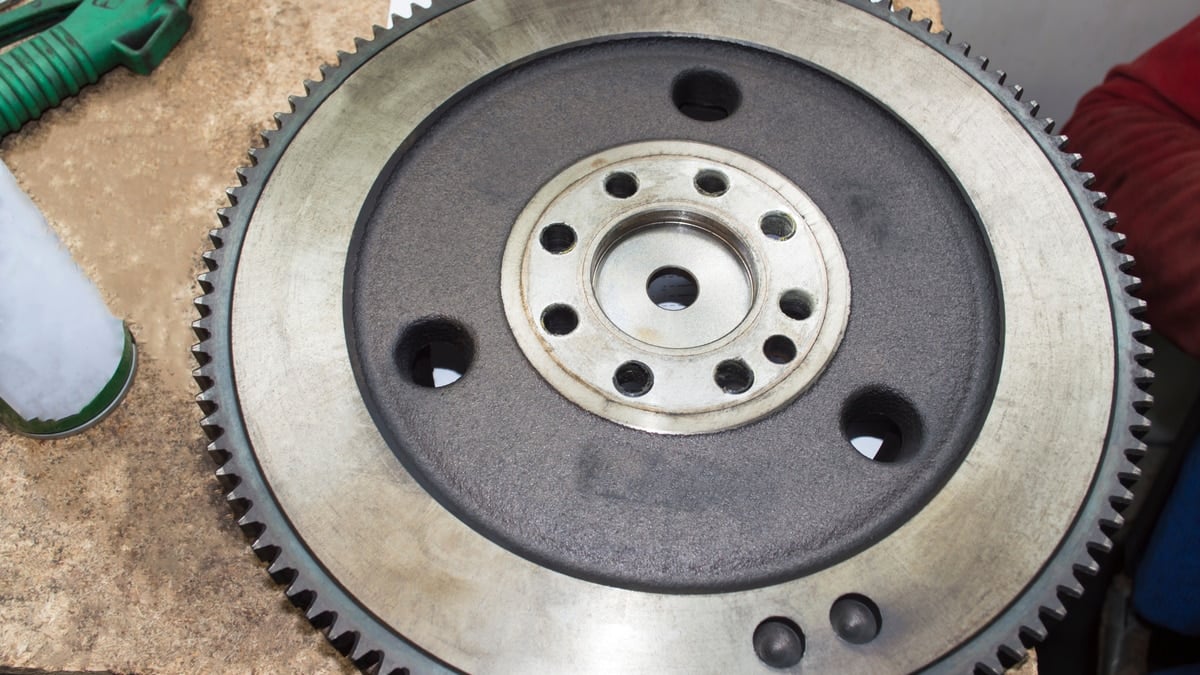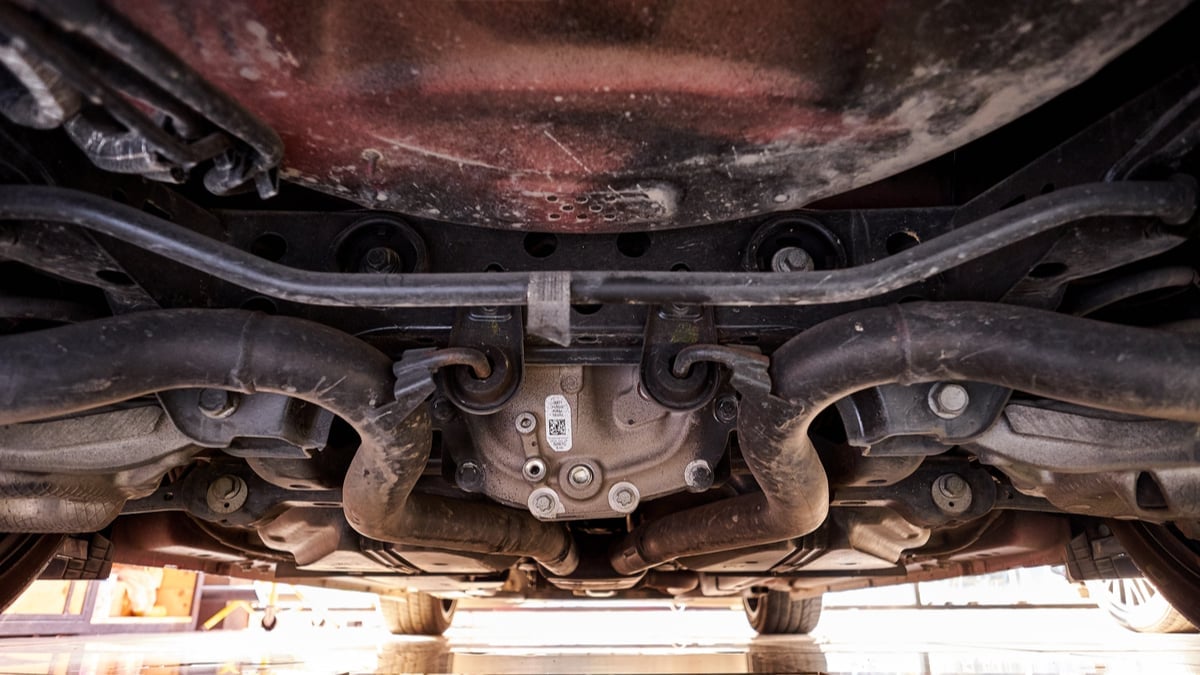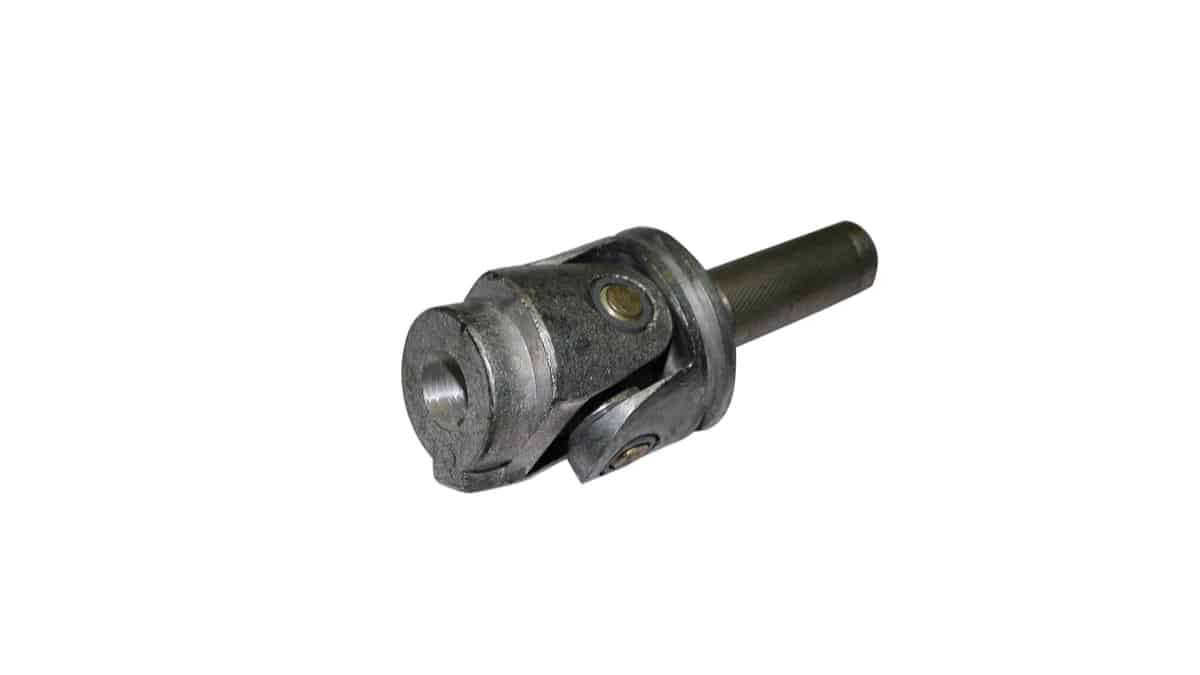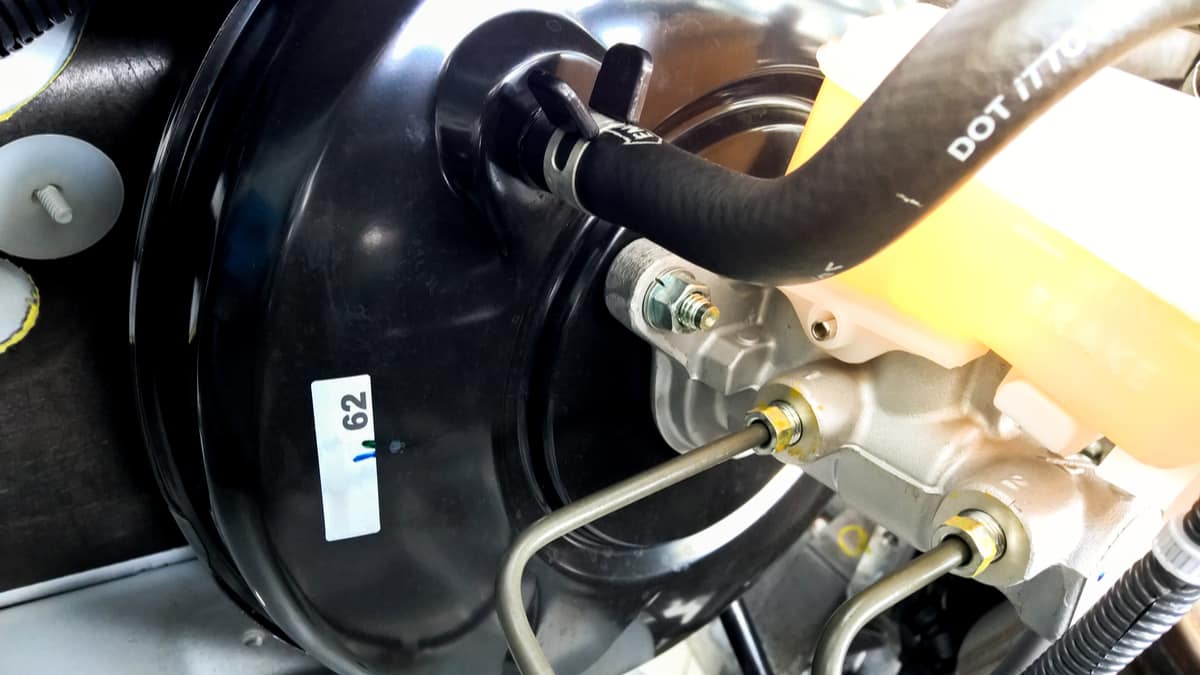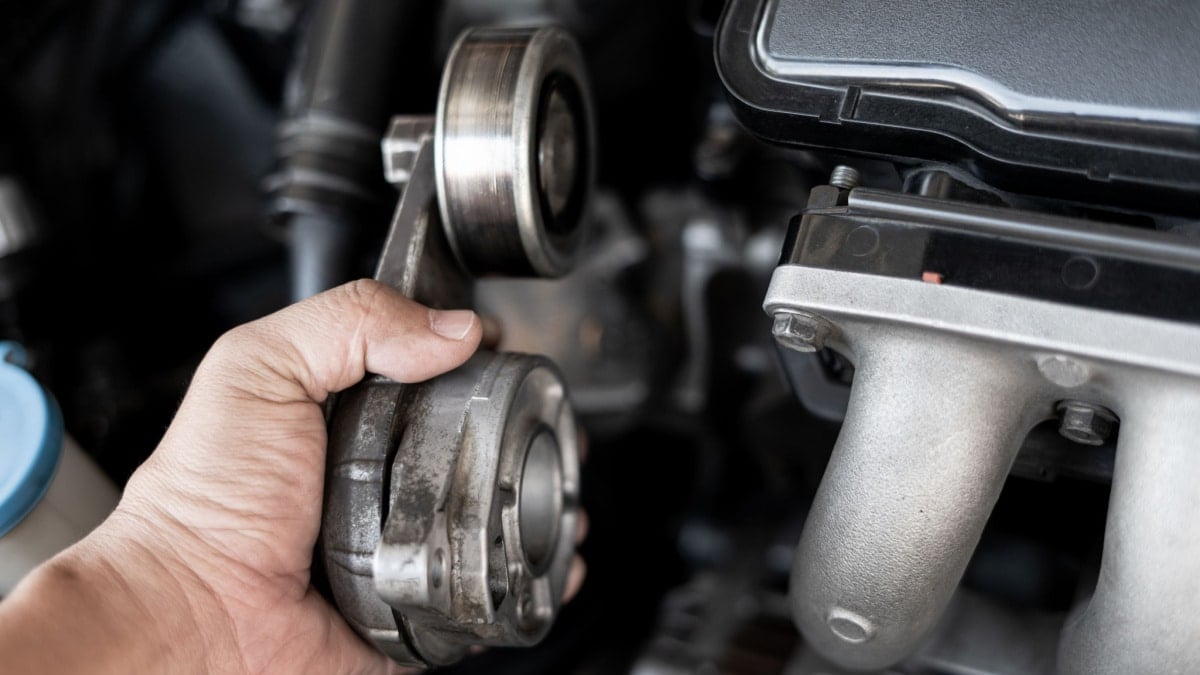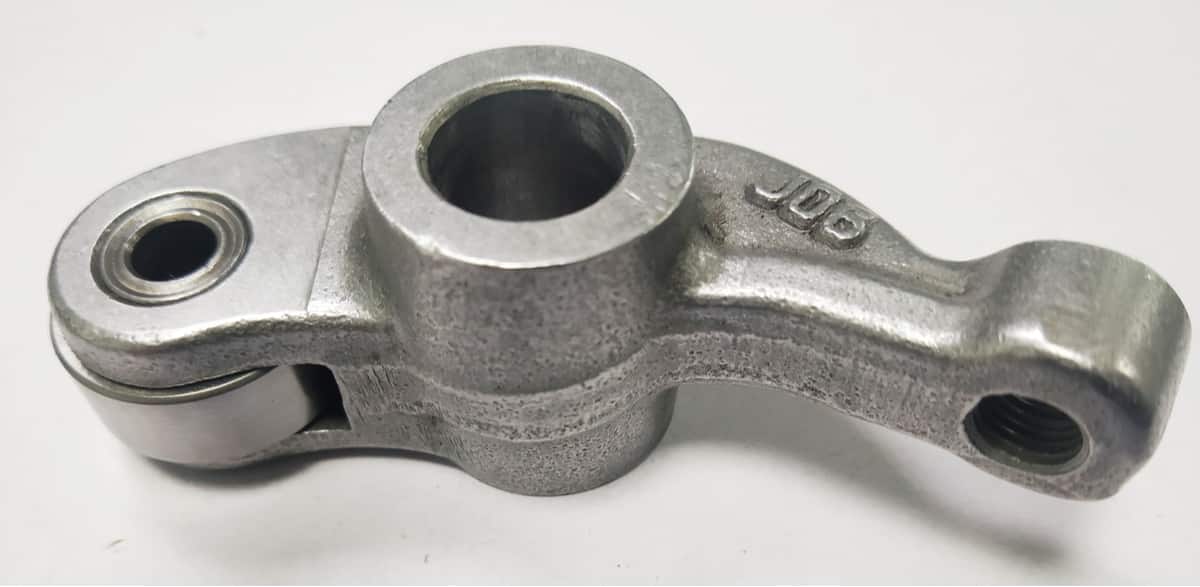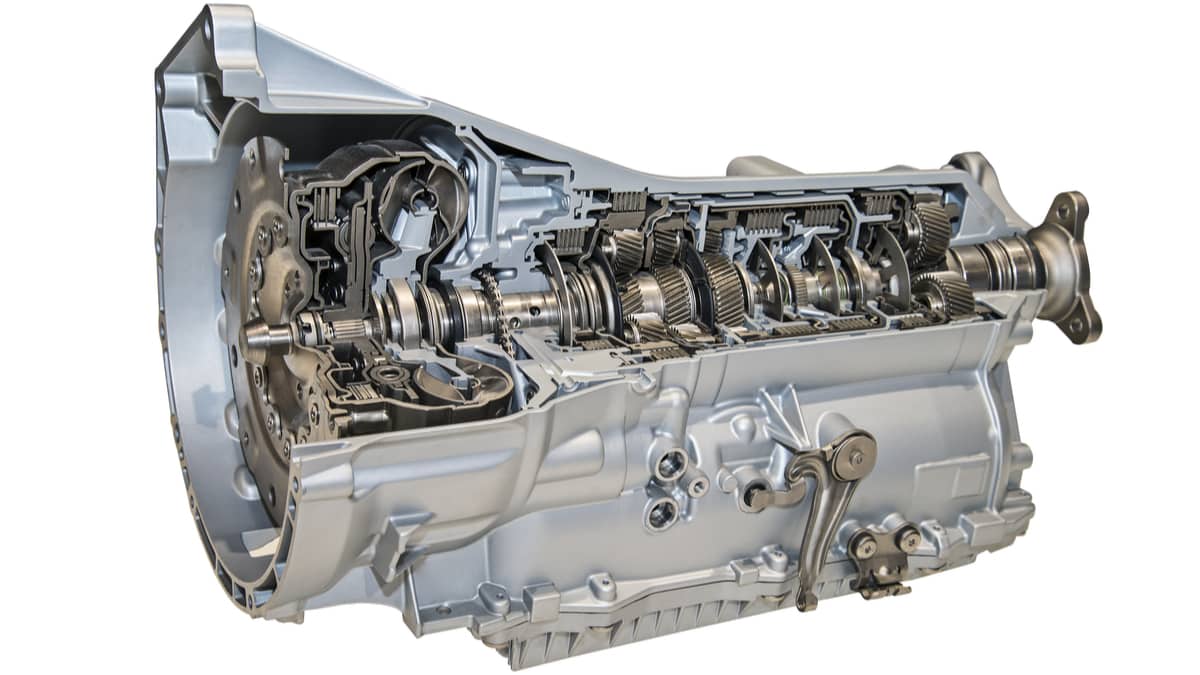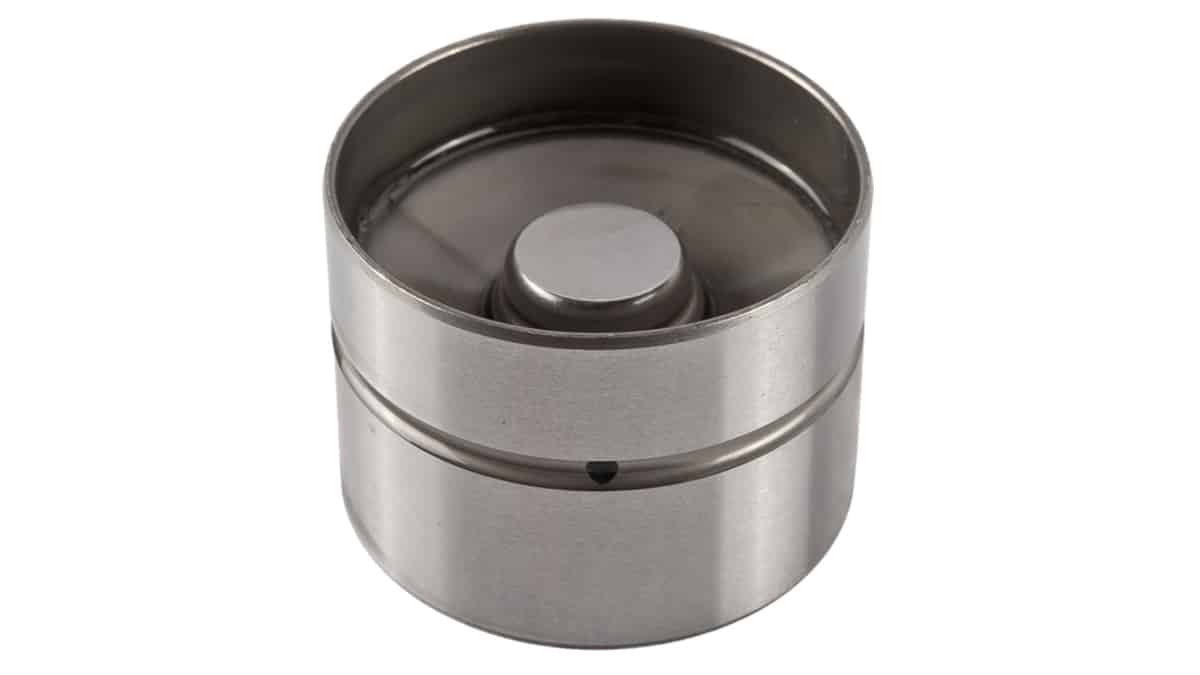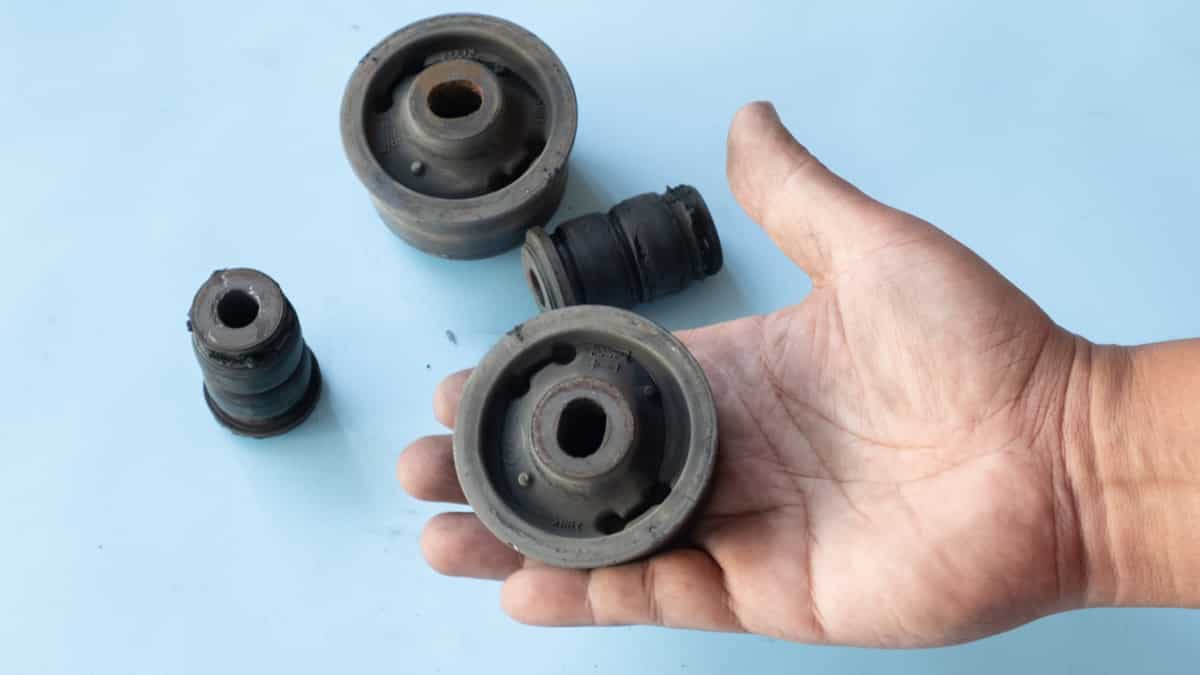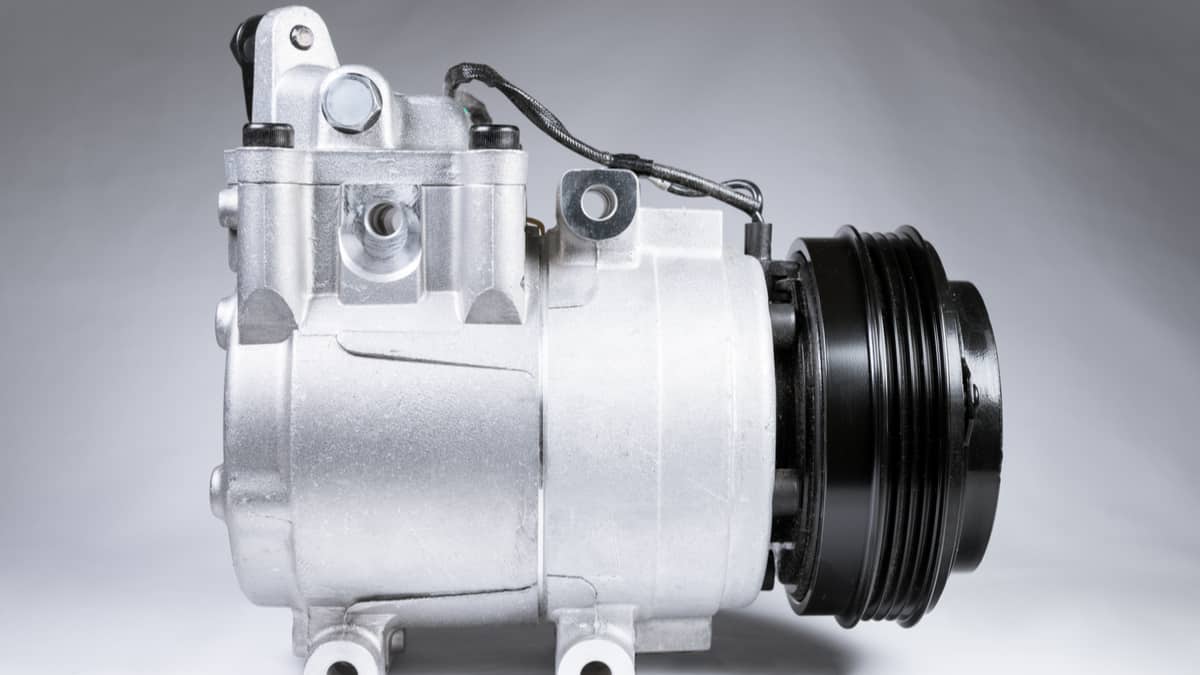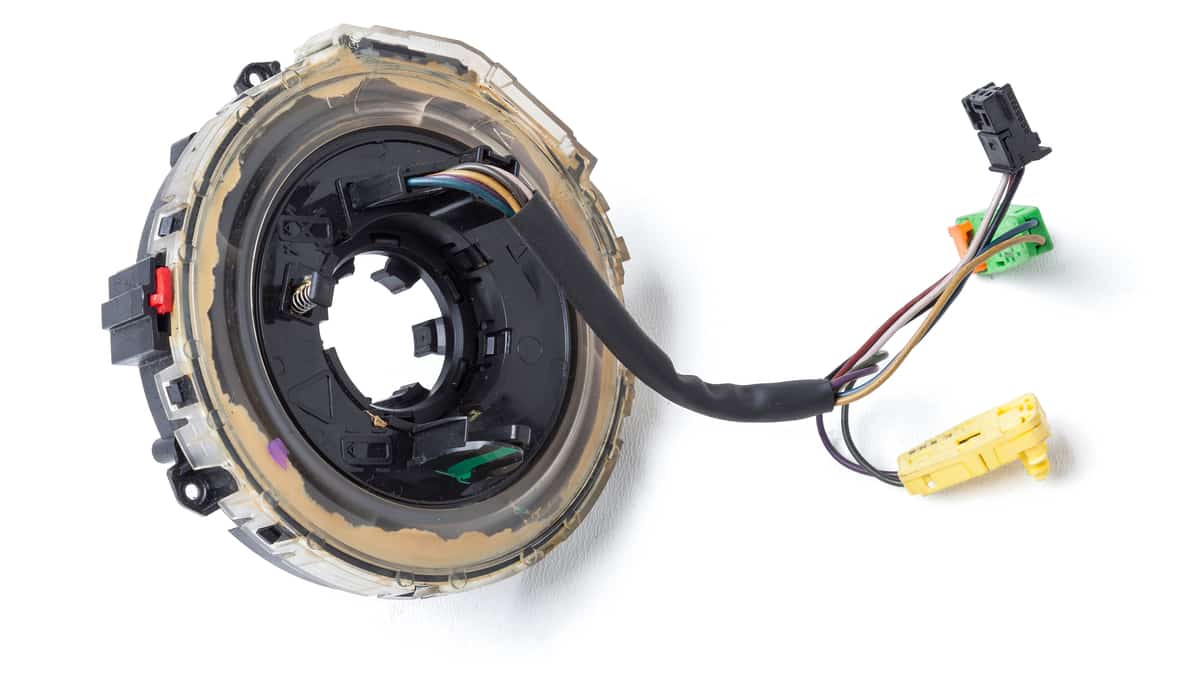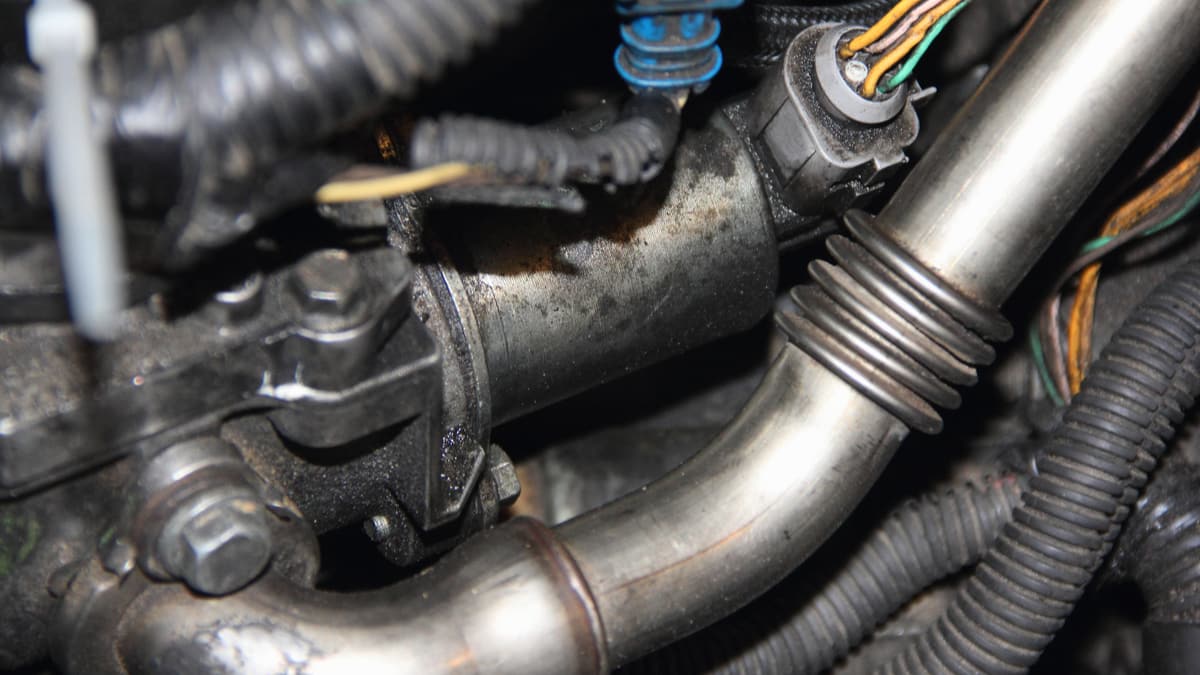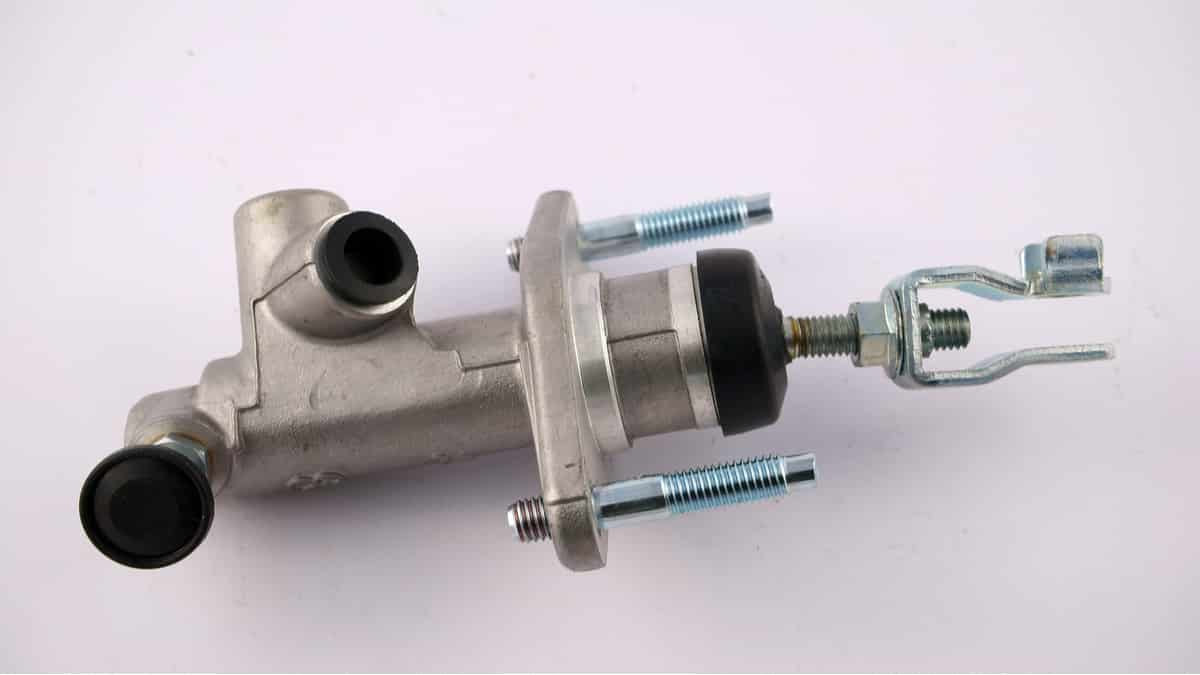Unless you have a diesel engine, you might not know about the glow plug. It takes the place of the spark plug but is responsible for warming the cylinders in a diesel motor.
They are an essential component and tend to last long, but after constant use, they can go bad. I review the top symptoms of a bad glow plug.
This article also covers the location and function of diesel glow plugs. At the bottom, I discuss how much the average diesel glow plug replacement should cost you. Let’s begin with a quick look at the signs to look for.
Symptoms Of A Bad Glow Plug
The most common symptom of a bad diesel glow plug is difficulty starting the car engine when it’s cold. You may also notice slow acceleration and a misfiring engine. These symptoms will often show together with a check engine light on your dashboard.
Here is a more detailed list of the signs of bad or failing glow plugs to look for:
1. Trouble Starting the Vehicle
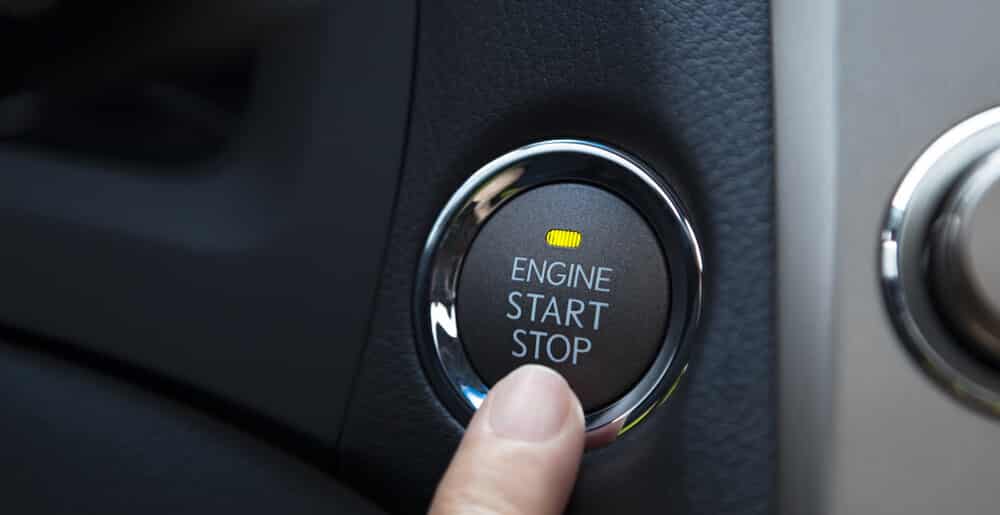
If your diesel engine has bad glow plugs, it can become difficult to start it. The faulty plugs don’t generate enough heat to warm up the cylinders.
If the plugs don’t create enough heat quickly, it might take several tries to get the motor going. Additionally, if the glow plugs are nearly dead and the temperatures are extremely low, you might not be able to start the engine at all.
2. Poor Acceleration

Sometimes, the bad glow plugs can affect the performance of the engine, especially in colder weather. If you are pushing the accelerator down and nothing seems to be happening, you may need to replace the glow plugs.
However, poor acceleration is a common occurrence for many defective parts. You would need to do a more in-depth investigation before concluding the glow plugs were to blame.
3. Engine Misfiring
A backfiring engine occurs when the fuel doesn’t ignite correctly in the cylinder. Any type of misfire is a cause for alarm, but when it is caused by a bad glow plug, it is easy to fix.
The glow plugs need to warm up the cylinders properly so the fuel can be ignited. While misfiring can be caused by other issues, a defective glow plug is a good place to look first.
RELATED: 6 Symptoms of an Engine Misfire & Causes
4. Black Exhaust Smoke
If black or dark gray smoke is pouring out of your diesel vehicle’s exhaust, there is a problem. These colors signify that something is wrong with the combustion system.
However, the diesel engine can also produce black smoke for other reasons. You will want to check the glow plugs if smoke is coming from the exhaust and you are noticing other symptoms from our list.
5. Check Engine Light or Glow plug light
When glow plugs become faulty, the Check Engine Light can be triggered. You can scan the system with your OBDII diagnostic tool to get the error codes.
In some cases, you will see the P0380 “Glow Plug/Heater Circuit A Malfunction. However, it can also trigger P0670, P0671, P0672, P0673, P0674, P0675, P0676, P0677, P0678, P0679, P0680, P0681, P0682, P0683, and P0684, P0381, P0382, P0383, and P0384.
Diesel Glow Plug Location
The diesel glow plugs are located in the cylinder head of the engine. They are screwed into each cylinder individually. All glow plugs are powered with 12 volts coming from the battery.
You can locate them because they will have the top sticking out connected to a wire that delivers the power. In some cases, you may need to remove the valve cover to get to the glow plugs.
The Function of a Diesel Glow Plug
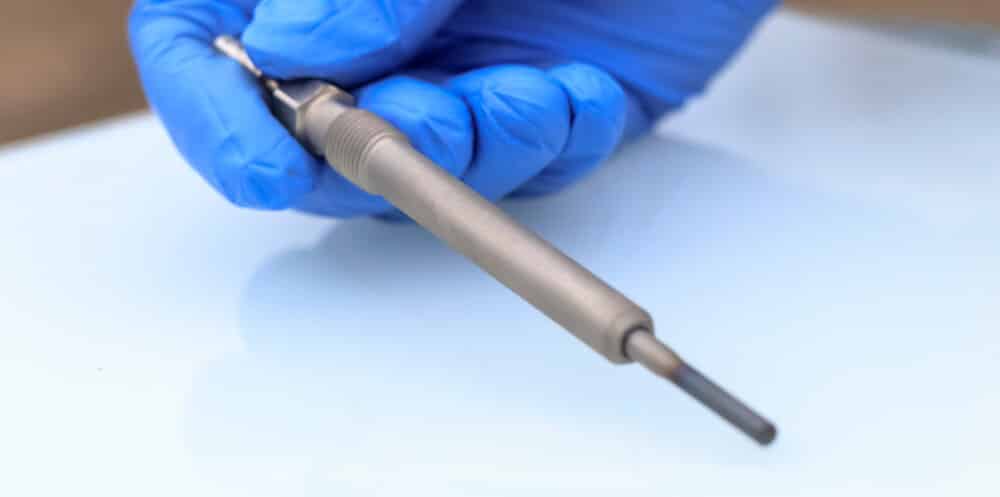
Diesel glow plugs are responsible for warming the cylinders so the engine can ignite the fuel. The glow plugs help keep the engine running as it should. Because of the glow plugs’ location, heat can effectively be drawn into the diesel engine.
When the weather is ideal, the glow plug is barely needed. However, when temperatures drop, the glow plug must be in optimal condition to warm the cylinder enough for combustion.
Diesel Glow Plugs vs. Spark Plugs
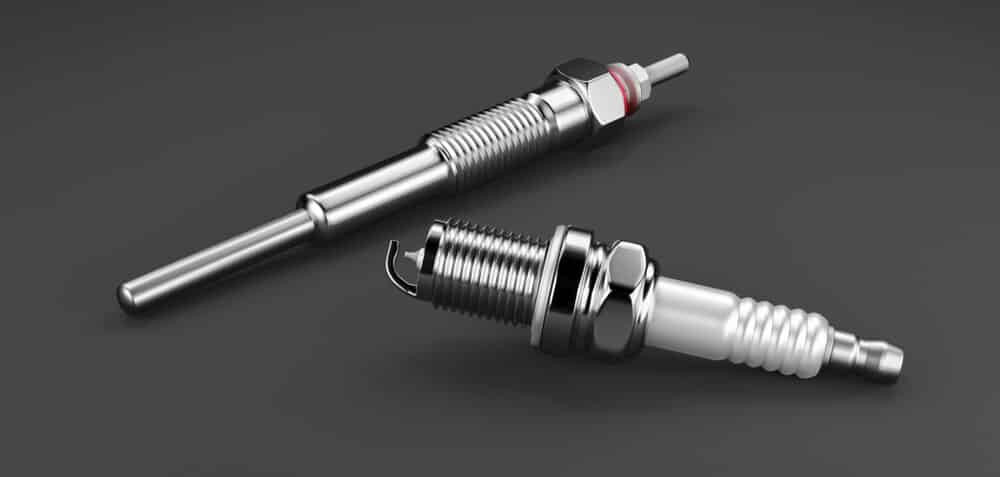
The glow plugs and spark plugs are very similar in nature, but do have some differences. Here are a few you will find when you examine the two.
1. Fuel Type
First, glow plugs are installed in diesel engines, while gasoline engines are outfitted with spark plugs. With gas engines, spark plugs are needed to create the spark that ignites air and fuel inside the combustion chamber.
However, this isn’t the case with diesel engines. The diesel engine doesn’t need a spark for combustion; it only requires heat, which is increased with the glow plug.
2. Heat
Gasoline is a volatile substance. It only requires a small spark to trigger combustion. However, diesel fuel requires compression and heat to combust.
There must be a high level of heat within the cylinders to produce combustion, which is where the glow plug comes into play. Glow plugs produce an intense heat that helps the engine ignite the fuel/air mixture in the combustion chamber.
3. Durability
Glow plugs last far longer than most spark plugs. Glow plugs are only used to warm the cylinders for ignition. After that, they are barely needed.
On the other hand, spark plugs work continuously to keep the engine working. Cheap spark plugs might only have a lifetime of about 30,000 miles.
4. Ignition Difference
Spark plugs take electrical energy to create a spark. This spark ignites the air and fuel mixture in the combustion chamber.
Diesel glow plugs don’t use a spark. They turn electricity into heat, which helps to ignite the fuel and air mixture.
Diesel Glow Plug Replacement Cost
The replacement cost for diesel glow plugs is only $115 to $300 for the entire set. This price includes parts and labor, with the glow plugs typically costing $75 or less and the labor ending up around $60 to $225, depending on how hard it is to get to the plugs.
Some people will put off changing their glow plugs, but that doesn’t make sense considering how low-cost the job is. Additionally, if you have the right tools and some mechanical know-how, you can replace the plugs yourself.
Categories: Engine
